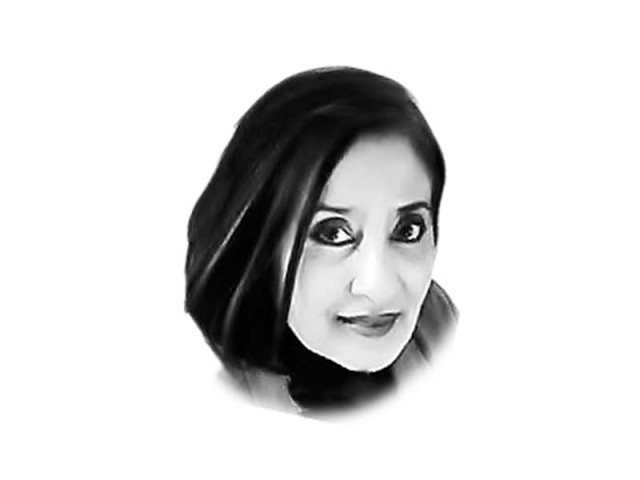A tale without an end
In the spring of 2010, Jamsheed Marker tossed diplomatic caution to the winds and decided to tell the truth

The writer is a US-based journalist with over 30 years of experience
Jamsheed Marker was a man larger than life. Rest in peace, Sir.
“Oh! Please call me Jamsheed,” smiles my interviewee as I prefix my next question with “Mr Marker.” I sit before him at his lovely Bath Island home in Karachi. The study has large windows that let in lush greenery making the room come alive. Pristine white shelves from floor to ceiling house books and mementoes bearing testimony to the life and times of this diplomat par excellence. “Ask me anything,” says Jamsheed Marker. Unable to bring myself to calling him by his first name, I decide to blurt out my questions about his stay in Paris where he was Pakistan’s ambassador in the eighties. He tells me he loved being in the company of artists, writers, fashion designers and intellectuals. He counted conductor Zubin Mehta and actor Omar Sharif among his good friends.
Now the macabre part. I reproduce the following text verbatim in my column printed way back in 2010 in an English-language newspaper. I never got a rebuttal from the Bhutto family. Begum Nusrat Bhutto lived in Cannes, in the French Riviera. The lodgings were loaned to her by the then French minister of justice. The minister was a good friend of the Bhuttos as was President Gaddafi of Libya. Gaddafi had given large sums of money to the Bhuttos. One evening during dinner in a restaurant, the two boys — Murtaza and Shahnawaz — entered into an argument over the division of the money.
“Benazir tried to calm them down but she didn’t succeed,” remembers Marker. In the end she took her mother and sister back to their home, while Murtaza followed Shahnawaz to his flat. The fight turned ugly. At some point the French police came to arrest the inmates. By that time Shahnawaz was unconscious. He had taken an overdose of drugs. The police could not arrest Murtaza because he had a Syrian diplomatic passport. Later that night the younger brother passed away. The police arrested his Afghan wife for “not coming to the aid of a dying man.” She hired a lawyer but the case was quashed by the bereaved family when she threatened to spill the beans.
“The whole affair was so sordid; so grim; so grisly,” says Marker who was given all the details by the head of the French intelligence police. But General Naseerullah Babar, who was later Benazir’s interior minister, claims that General Zia had a hand in the murder. He had sent a death squad to eliminate the younger son. Babar says Shahnawaz was poisoned, I ask Marker “No, that’s not true at all. Zia had nothing to do with it.”
While we know that Shahnawaz died of an overdose of pills, we still don’t know what happened to the millions of dollars gifted by Libyan dictator Gaddafi to the Bhutto family and more importantly which of the siblings got the lion’s share.
Published in The Express Tribune, July 1st, 2018.
Like Opinion & Editorial on Facebook, follow @ETOpEd on Twitter to receive all updates on all our daily pieces.














COMMENTS
Comments are moderated and generally will be posted if they are on-topic and not abusive.
For more information, please see our Comments FAQ